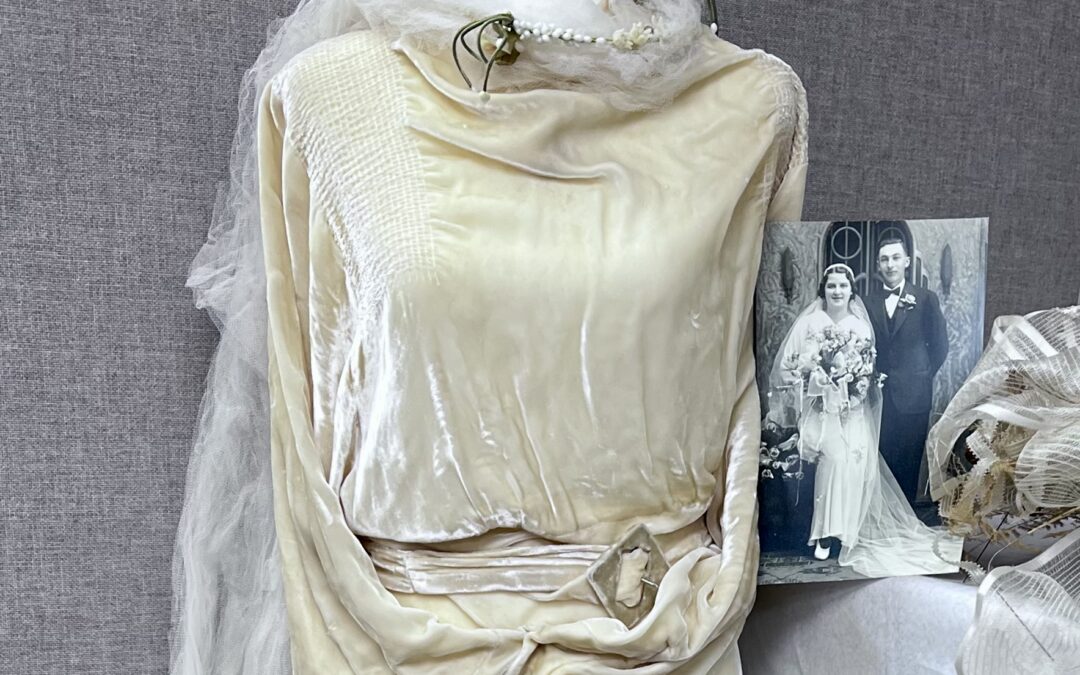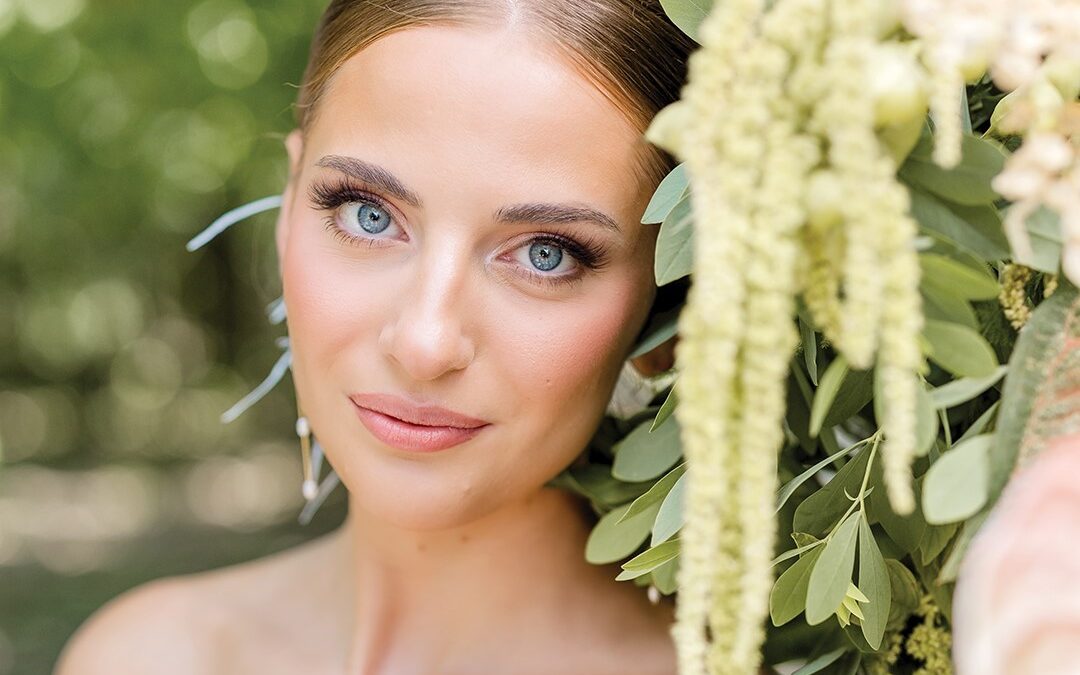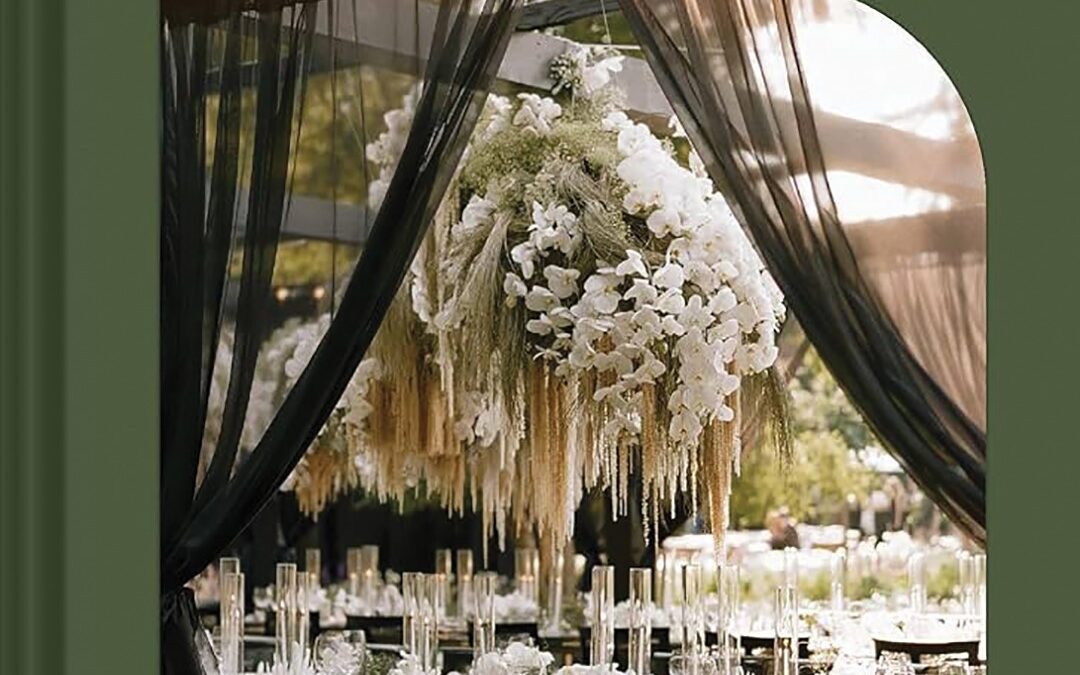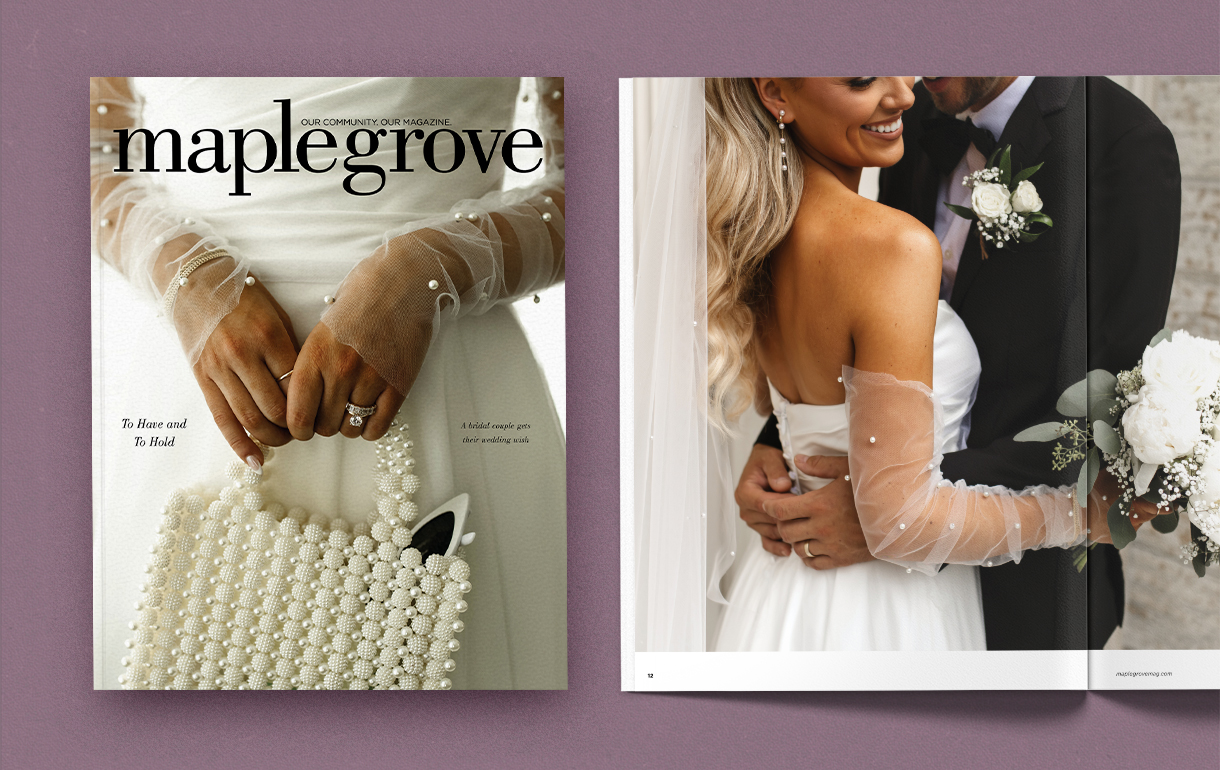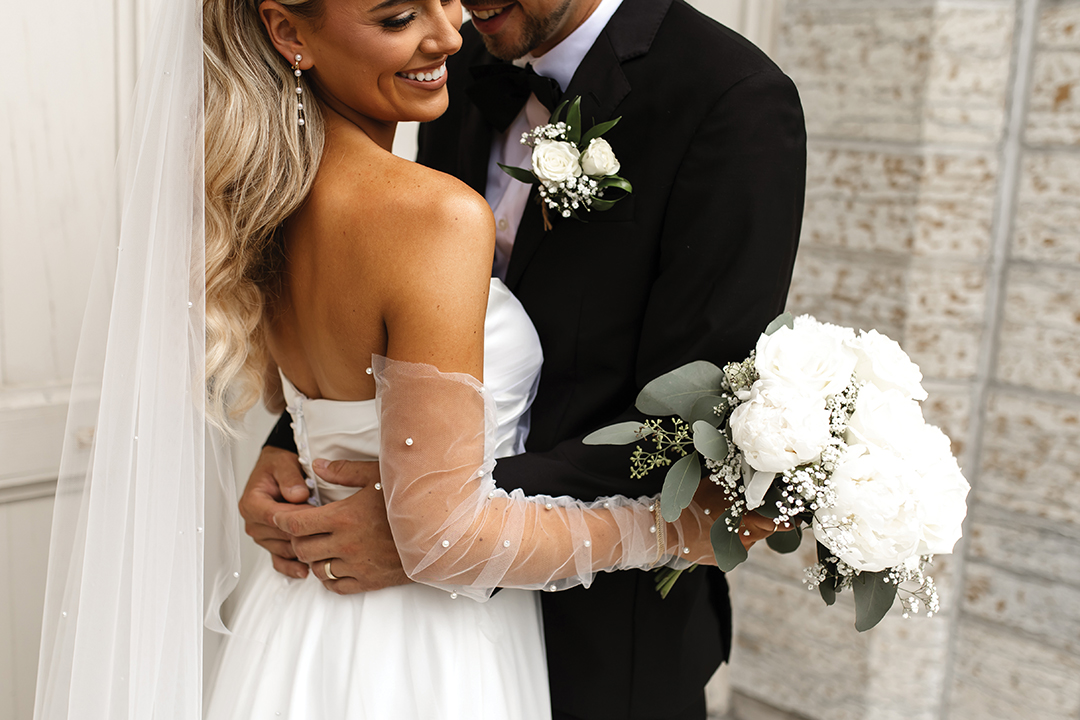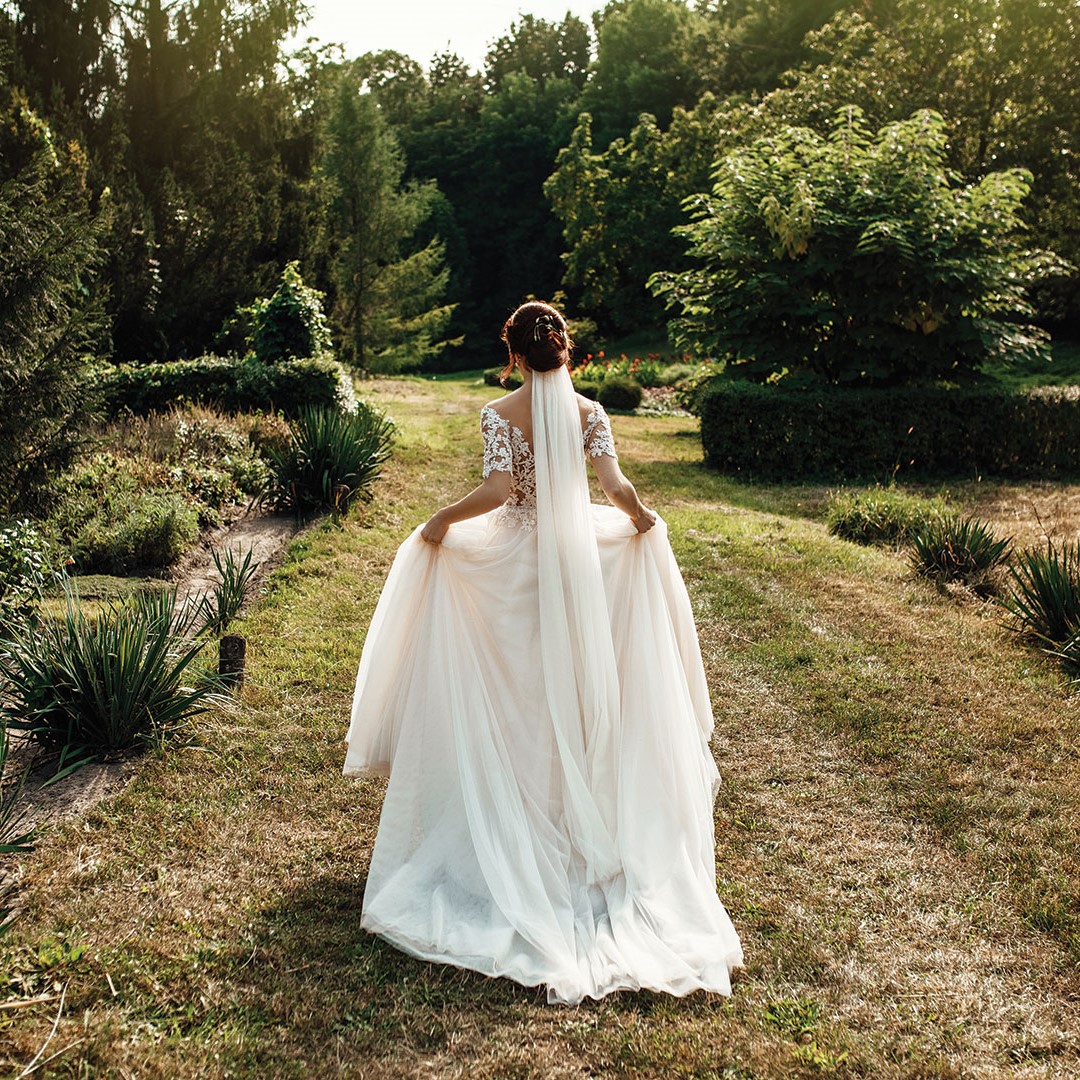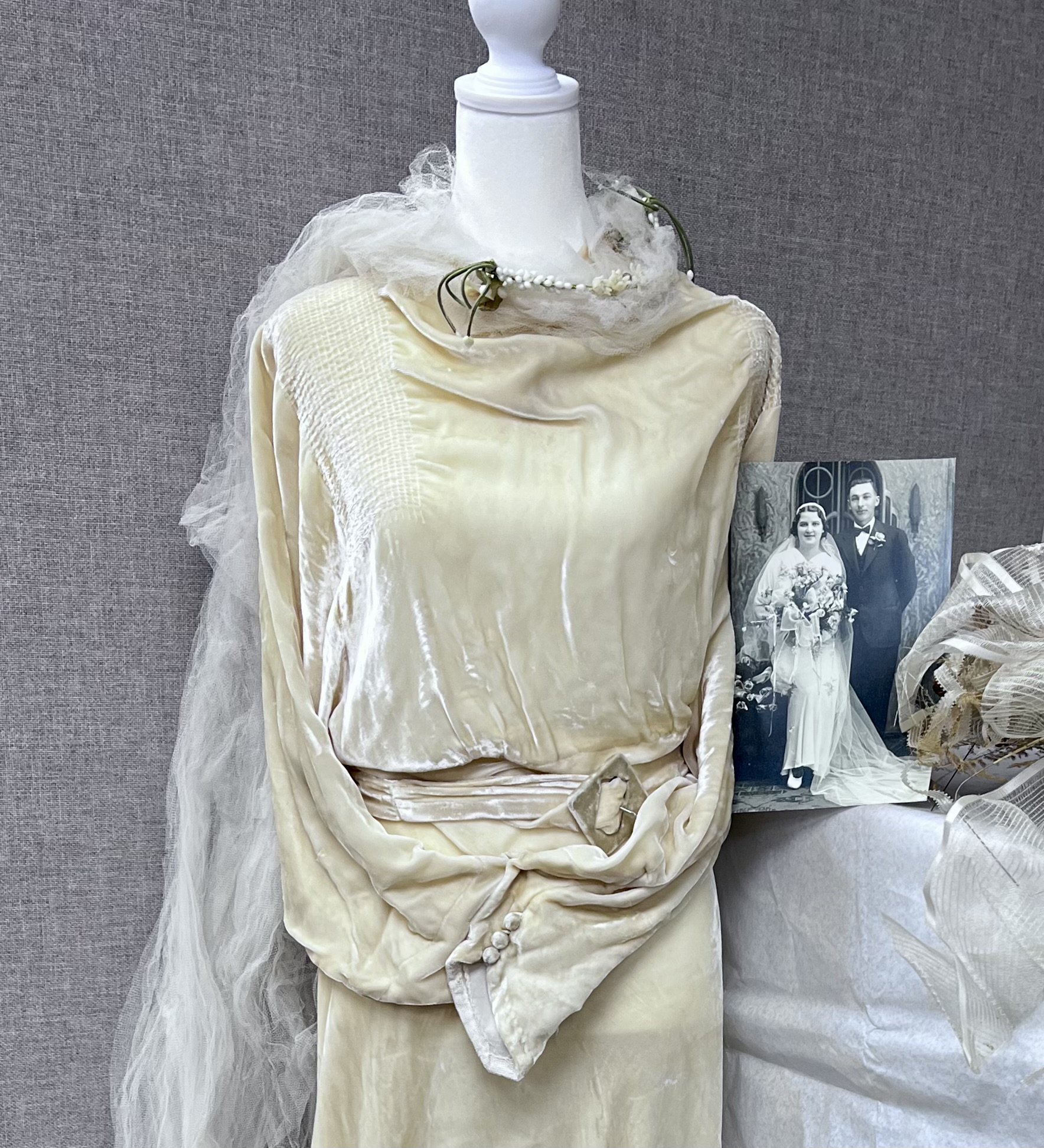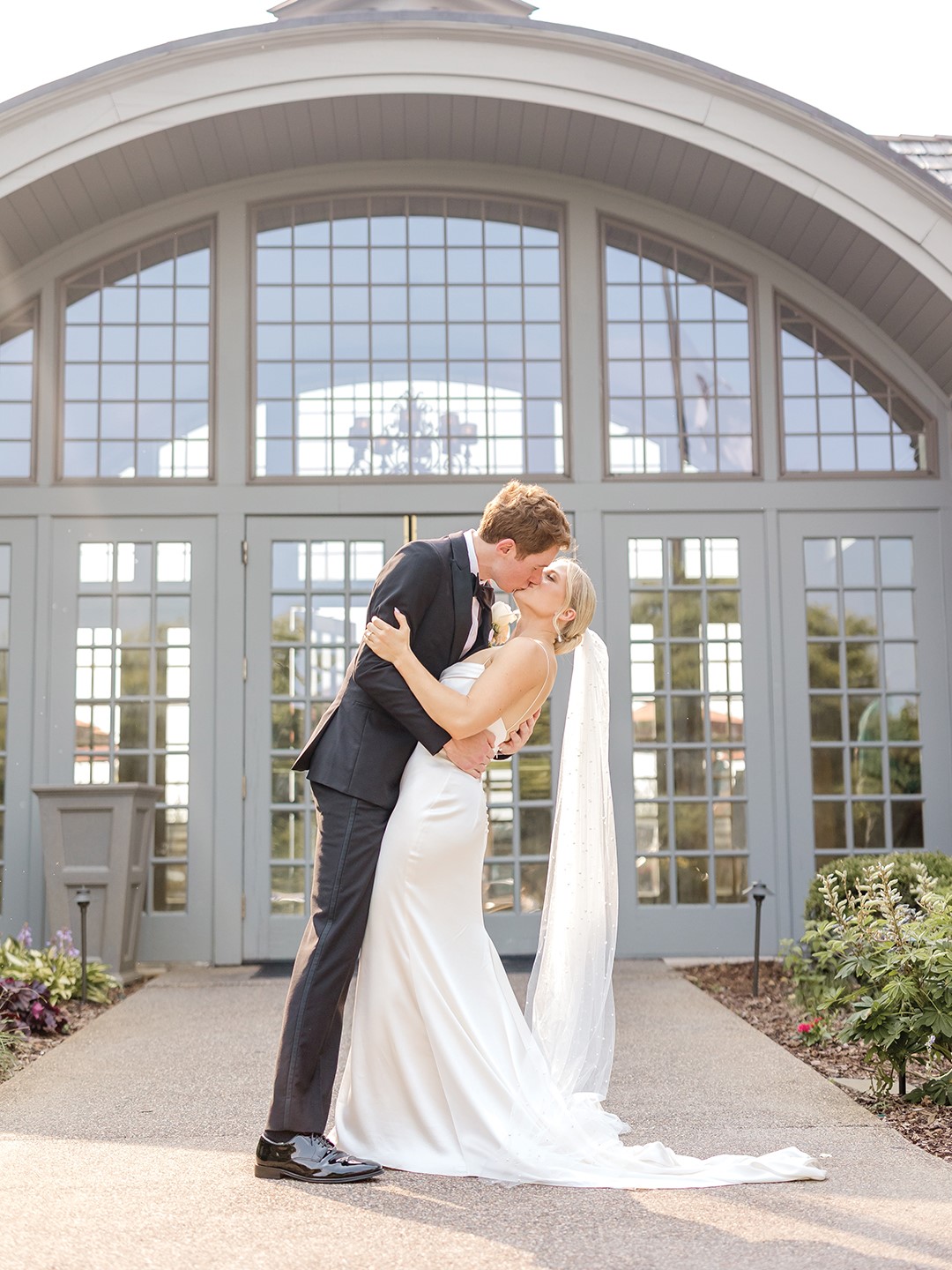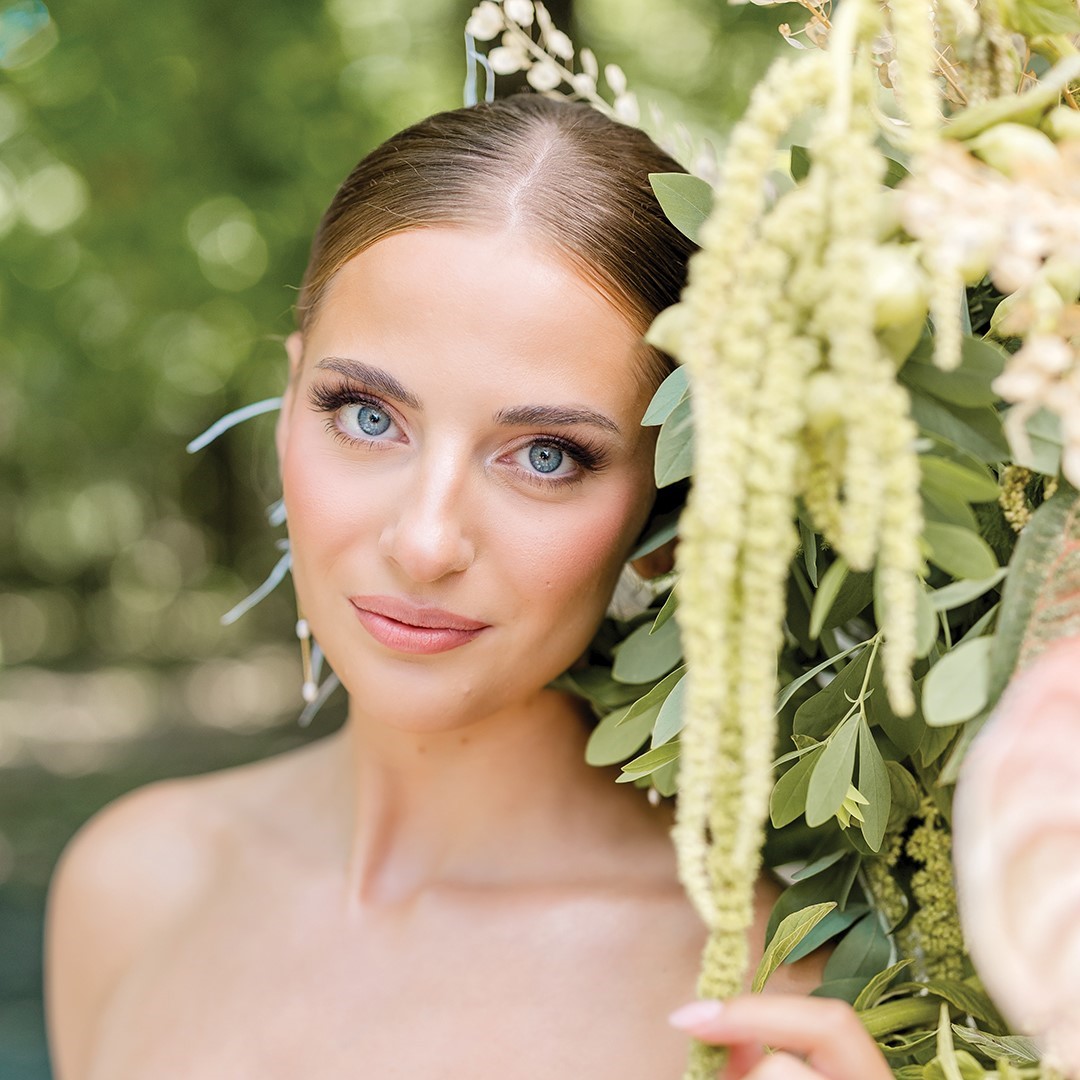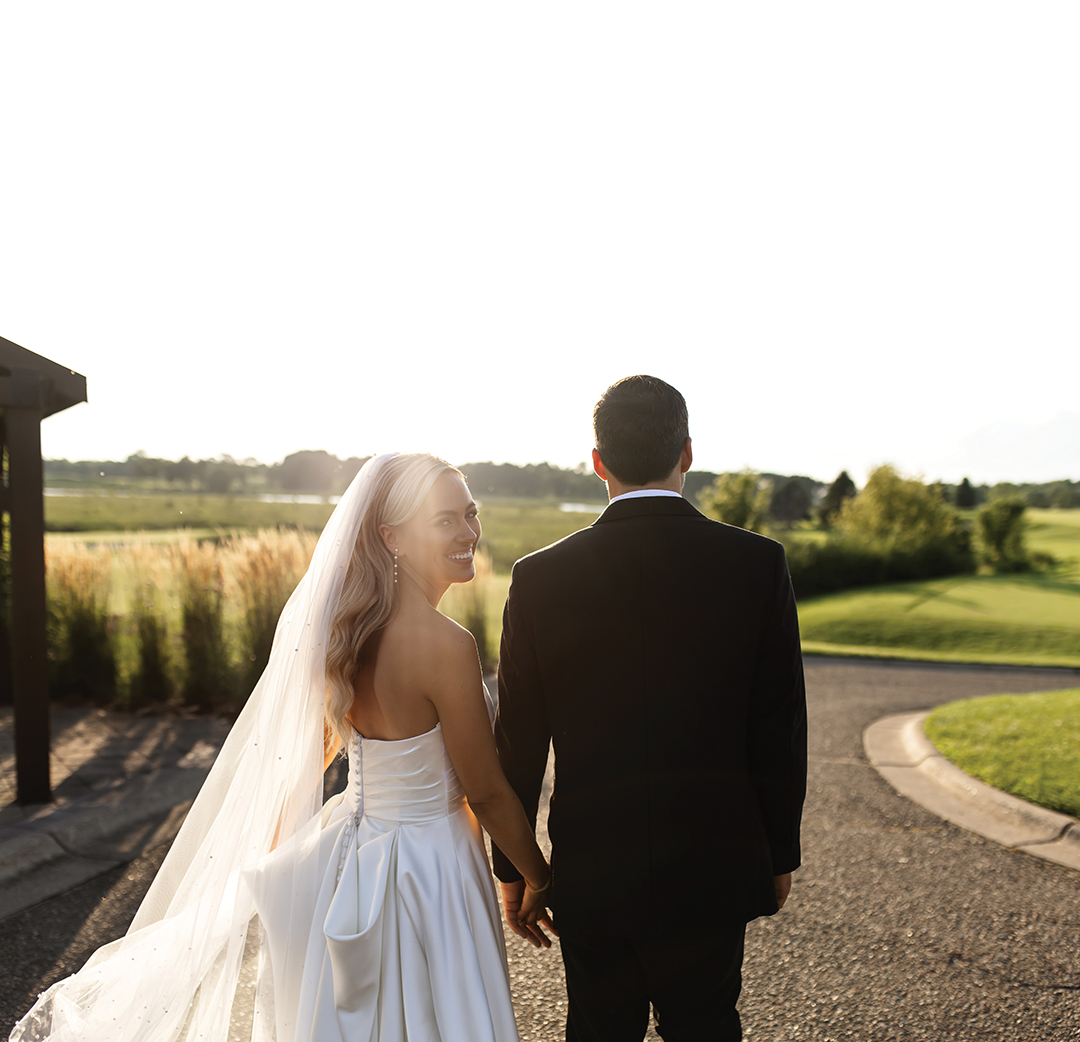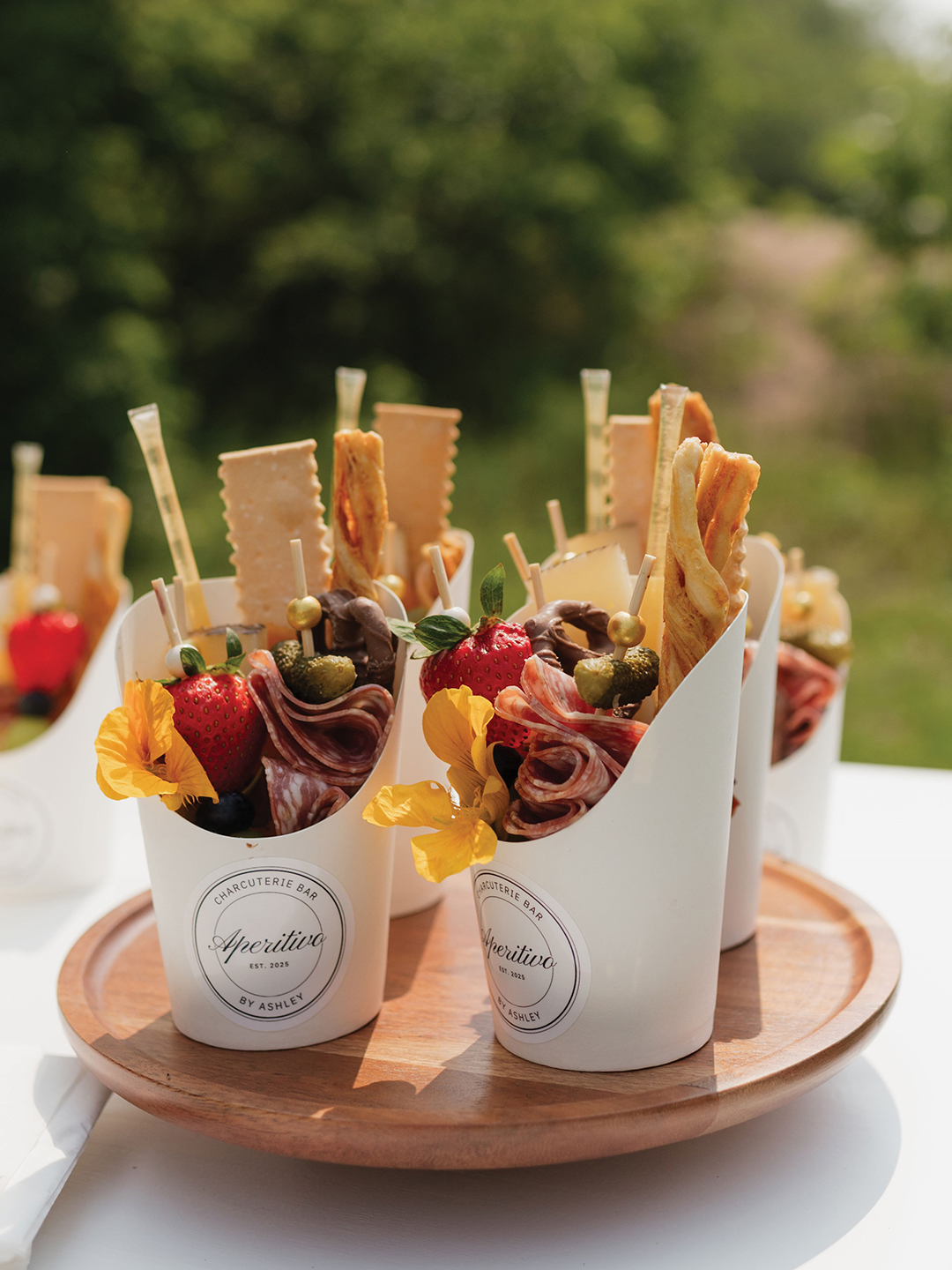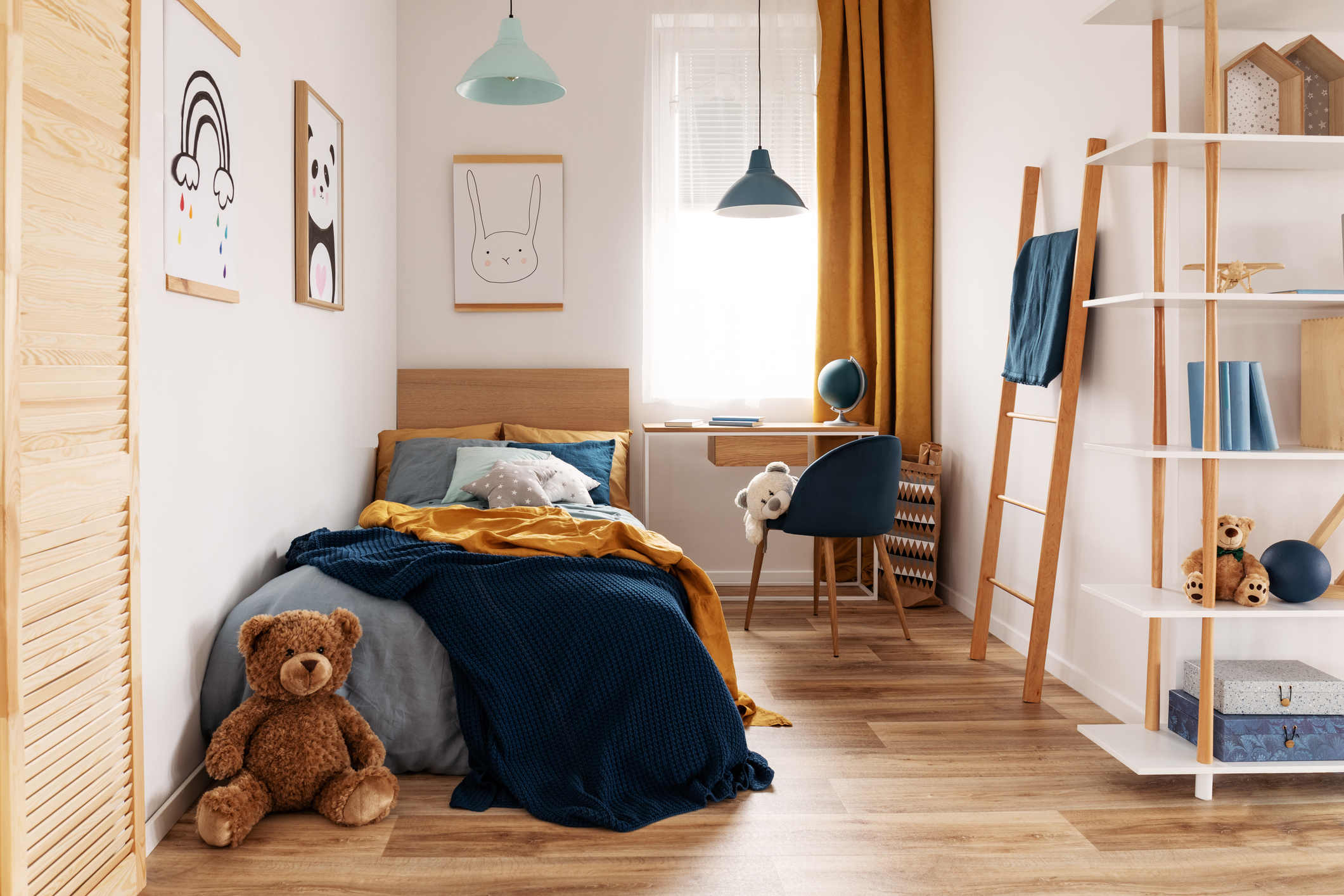
iStock/KatarzynaBialasiewicz
For as long as I can remember, purple has been my favorite color. It is known as the color of royalty, ambition, creativity and luxury. Even though it is my favorite, for some reason, I have only used it sparingly when decorating—maybe because design trends haven’t favored the color, or its boldness can be overpowering.
When decorating, it is good to consider color theory or the meaning behind the colors, because they can have an impact on our emotions and perceptions. Here are a few examples:
Blue is a color that evokes feelings of relaxation, inspiration and stability. You will often see this color in children’s bedrooms and playrooms, bathrooms and offices. The lighter the shade, the more serene.
Red is a sharp contrast to blue. It is a fiery, passionate and emotional color. While this color was once popular in dining rooms and kitchens, that trend has passed, and I am frequently recommending it be replaced with something lighter.
White symbolizes purity, cleanliness and new beginnings. This color makes rooms feel bigger and brighter, and you can easily add pops of color if you feel it is a little too stark.
Yellow is naturally associated with feelings of joy and positive energy. It is a good color to use in places like the laundry room—we all could use a little happiness when doing this chore.
I’m sure you’ve heard the phrase “green with envy,” which is one of the more negative emotions associated with this color. However, so are the feelings of growth and renewal. Adding green plants is a great way to include this color in your surroundings.
Prior to choosing a paint color or color scheme for a room, consider researching the meaning behind the color, and consider its impact on emotions and well-being.
Kira Vanderlan, owner of Zestful Design, a home organizing, staging and interior design company based in Maple Grove. Design more at zestfuldesign.com.

